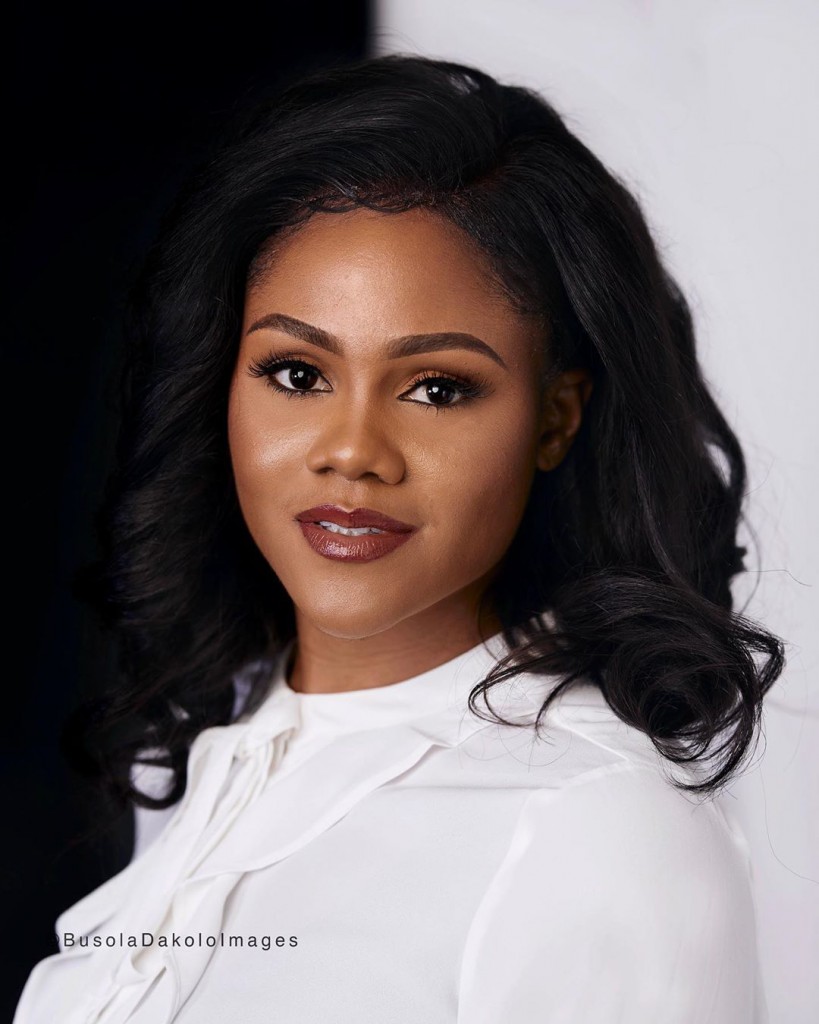The article titled “Nigerian Women Say ‘MeToo.’ Critics Say ‘Prove It.’ by Julie Turkewitz has gone viral, with Nigerians home home and abroad sharing their view on the #Cozagate incident.
This reaction – the need for proof of assault – seems to be a general one, as revealed in the article.
In Julie’s word ” But many women who have come forward in recent months have also experienced a fierce backlash, including attacks on their reputations and accusations that they’ve lied about the assaults. While their critics say they are merely applying appropriate skepticism to unproven allegations, their supporters say that the hostile reaction reveals just how difficult it is for women in the region to speak out about abuse.
Busola, speaking to the New York Times, revealed that the personal cost of coming out to tell her story has been high. “You begin to ask yourself,” she said, “did I do the right thing?” She shared that she’s been harassed on the internet, and has been threatened over the phone. She’s also had to have a very difficult conversation about rape with her three kids.
She spoke about the BBC #SexForGrades investigation, which she was although glad to see receive so much attention, also made her frustrated because Nigerians “seemed to need to see a man caught on video to take an allegation seriously.”
A woman who spoke to the New York Times about Busola’s alleged rape said that, “She was old enough to know to fight back.” The 25-year-old woman revealed that she too was a survivor of sexual assault.
Another man who spoke about the alleged rape seemed to believed that the rape actually happened, but asked that Busola forgive the pastor.
Read the full article on the New York Times.
